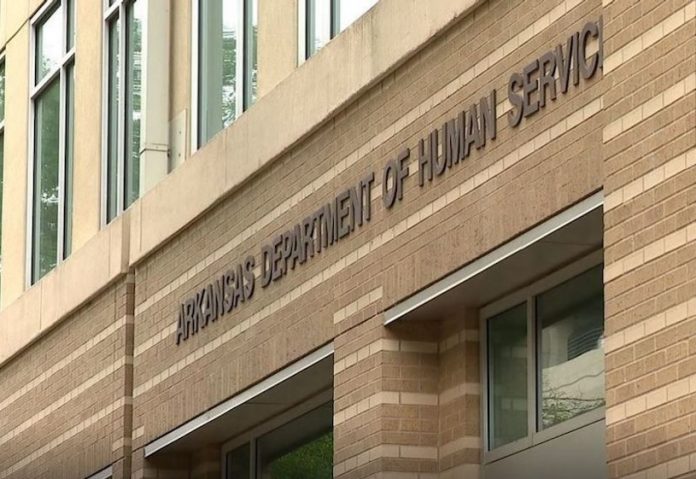Fort Smith, Ark. – The Arkansas Department of Human Services is warning residents who receive Supplemental Nutrition Assistance Program benefits to take immediate steps to secure their Electronic Benefit Transfer accounts, amid a rise in scam activity targeting vulnerable families.
Scammers are using deceptive tactics to trick recipients into revealing their Personal Identification Numbers (PINs), which protect access to their benefits. DHS has received reports of fraudulent activity both within Arkansas and across the nation, with criminals exploiting common or easily guessed PINs.
“Stealing SNAP benefits is a terrible crime that targets families in need, and those who perpetrate this despicable act should be prosecuted to the fullest extent of the law,” said Mary Franklin, Director of the DHS Division of County Operations. “We should also make it as difficult as possible for scammers to get away with this, and that means securing accounts and safeguarding PINs. These small steps go a long way toward ensuring funds are safe from thieves and available for the eligible recipient to use.”
To protect their accounts, SNAP recipients are strongly encouraged to:
-
Reset their PIN monthly, especially before the 4th of the month when new benefits are typically added.
-
Create a secure PIN that is not easily guessed—avoid sequences like “1234” or repeating digits such as “0000.”
-
Keep the PIN private, sharing it only with trusted members of the household and always covering the keypad during transactions.
-
Monitor account activity regularly for any unauthorized charges. If any are detected, the PIN should be changed immediately.
-
Inspect card readers for suspicious attachments that may indicate tampering or skimming devices.
-
Avoid adding EBT cards as payment methods on shopping websites, which could increase risk of fraud.
-
Never share the PIN through email, social media, text, or phone. DHS will never request PINs through these channels.
To reset a PIN, beneficiaries can call the EBT Customer Service line at 1-800-997-9999 and follow the automated prompts.
DHS emphasizes that these preventive measures are crucial to protecting benefits and ensuring that support reaches those who need it most.

